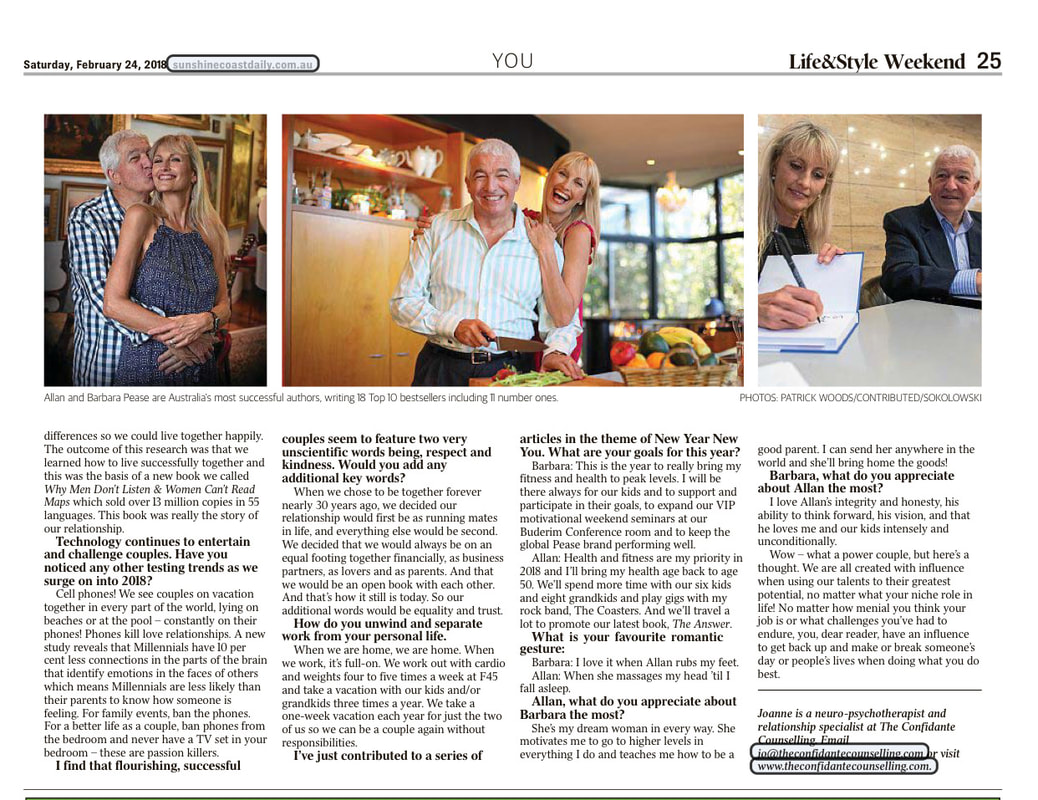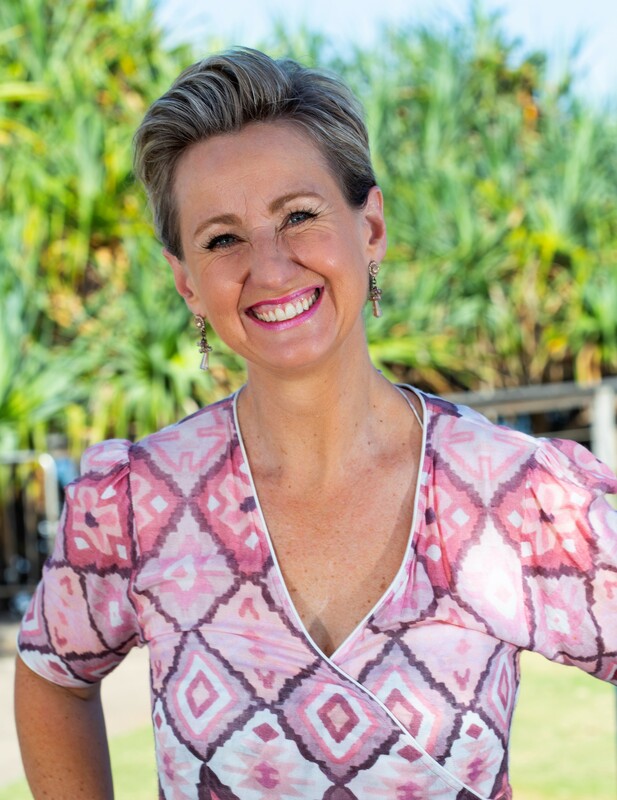 Christmas Day is approaching! A time of love, of compassion, of togetherness … and very often, of barely constrained arguments. The stress of getting everything organised is rising and the expectations to deliver a great day are high. It can be bad enough for people to deal with their own families some times, but throw in the partner’s family? That’s where the real nightmares can begin. Despite Christmas being something most Australians celebrate, we all do so differently. Everyone has their own traditions, quirky rituals and beliefs. They become our culture since childhood, and for most people, these are the only traditions they know until adulthood. Then you meet someone, fall in love, and spend Christmas with a completely different family for the first time. Sometimes it’s fine. Sometimes it’s fine for a few years then… it’s not. It might be something small, like when the main meal of the day is, or when presents are unwrapped, or how to decorate. But it can also be big, cultural differences where the very nature of the day seems very strange and foreign. Any challenge to our existing beliefs, whatever they may be, can be a bit hard to take. But Christmas? Christmas is one of the biggest events of the year! Being confronted by, and learning to accept, a completely alien way of celebrating can be a pretty big challenge. Keep in mind, we’re not just talking about catching up with the in-laws for lunch or dinner. We’re talking about spending time with the whole family of eclectic people you'd never choose for your inner circle. It's also about being completely submerged in a different way of celebrating the big day. So how do you survive? How do you make it out alive without starting an argument you’ll inevitably regret? Read on for my top tips for cheerful and harmonious festive season: It would be true to say the meaning of “turning on” your partner is fairly clear. How to, and when to is a whole other article for a whole other time. As it turns out, "turning toward" your partner is a considerably important priority for connection. If you make a conscious effort to consistently turn towards your partner, it's likely you get to enjoy both!
Confused? Great, read on to find out what I’m talking about. In any relationship we seek emotional connection from our partners. These take the form of a few distinct “bids”, as outlined by Clinician and Scholar Dr John Gottman. These bids are related to attention, conversation, approval, sympathy, play, etc. Things like, “Can you help me find my socks.” “Look at this singing puppy on YouTube!”, “Have you seen Pink’s baby belly?”, “Do these pants suit me?”, “What did you get up to today?”. All of these present various attempts at making a connection. Where does this whole “turn toward your partner” thing come in? Well, say you’re at home watching TV and your partner enters the room. They ask you to look at something they’ve made or are wearing or have found. This can be a bid for multiple things at once — attention, interest, emotional support. How you respond to this bid can be summarised by one of three ‘turns’. 1. Turn against your partner: When you respond to one of these attempts at connection with hostility. We have, at one point or another, all been there (unfortunately!). You’re busy doing something and someone walks in, interrupting you. You snap at them and tell them you’re busy, or concentrating, or even just tell them to nick off. “Shhhh, Allan Border is talking on the tellie!” 2. Turn away from your partner: Basically ignoring or dismissing them! You pretend you haven’t heard or give some other dismissive gesture. If you’re watching a screen, you keep your eyes glued and don’t look up. Maybe you give a little shrug to drive your apathy home. This is also a common tactic easily deployed during or after conflict. 3. Turn toward your partner: Here it is! Turning toward your partner is when you actively engage with your partner’s bid for attention. You look at them, respond to them, ask questions to show interest and empathy. “Yes, the dress is lovely, you’d look great in a sack!” “Wow, that must have frustrated the heck out of you at work, what did you do then?” “I'm confused why you’d think that way but tell me more.” All interactions between couples have a mixture of these responses. Turning away, or even against, your partner every now and then isn’t going to destroy a relationship, however couples who consistently turn toward each other fare a lot better. Gottman’s research by analysing married couples over the space of six years found those still happily together at the six year mark “turned toward” each other 87% of the time. That’s really high, but there’s still a healthy amount of room for the occasional “Uh huh. Very nice.” These couples were called the “Masters”. By contrast, the couples that had fallen apart — labelled, very bluntly, “Disasters”! — only managed to turn towards each other about 33% of the time. For every 10 bids of attention, only three would be met with a connection. Ouch. So how can we strive to “turn toward” our partners more often than not? How can we make sure we’re giving our partners all the engagement and attention we’re capable of? |
Joanne WilsonJoanne will be your Confidante, enabling you to speak freely in complete confidence and serenity. An integrated approach tailored to your specific needs will be utilised.
Categories
All
Archives
October 2023
|
Joanne will be your Confidante, enabling you to speak freely in complete confidence and serenity. An integrated approach tailored to your specific needs will be utilized. Approaches such as Psychobiological Approach to Couple's Therapy (PACT), Cognitive Behavioral Therapy, Solution Focused Therapy and Emotionally Focused Therapy may be incorporated.
Joanne WilsonRelationship Specialist for individuals and Couples online around the world and servicing areas for virtual sessions around Australia and servicing many clients in Queensland including Caloundra, Noosa, Noosaville, Buderim, Mountain Creek, Gympie.
|
Quick links |
|
Queensland - Australia
0409 909 933
www.relationshiprejuvenator.com
|
|
©
2017-2023 The Confidante Counselling . All Rights Reserved
Web Design by Debbie Navarro




 RSS Feed
RSS Feed









